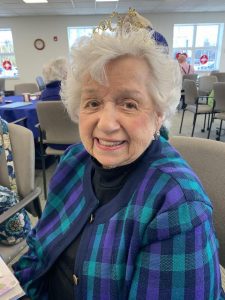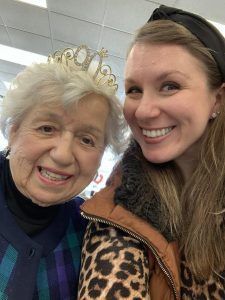A spirited foreword from Executive Artistic Director, Jeffrey Sanzel
By Stephanie Giunta
As the holiday season approaches, the air in Port Jefferson fills with the unmistakable spirit of Christmas—a joyous and abundant feeling that resonates throughout the community. Amid the festive hustle and the cherished traditions, we are thrilled to celebrate a special milestone: the 40th anniversary of Charles Dickens’ timeless classic, A Christmas Carol, at Theatre Three.
This enduring tale of redemption has been masterfully adapted year after year by Jeffrey Sanzel, who not only serves as the production’s director but also takes on the beloved and complex role of Ebenezer Scrooge. The cast’s heartfelt performances continue to attract both new audiences and long-time fans alike, with Sanzel sprinkling different nuances into the mix to keep the production unchanging yet fresh.
In honor of the show’s ruby anniversary, I had the pleasure of speaking with Sanzel about his enduring passion for the role, some of his fondest memories, his unique adaptation of Scrooge, and more.
How many times have you played Scrooge in the production of A Christmas Carol?
The opening night of this year’s A Christmas Carol, November 9, will be my 1,590th performance.
How did you come about to play Scrooge? What first sparked your interest in the role?
I first played Scrooge when I was teaching at John F. Kennedy High School in Somers, New York. I produced and directed a student-faculty production. None of the teachers wanted to play Scrooge, so my assistant director suggested I do it. That was my first real encounter with the story beyond watching movies and cartoons growing up. I don’t think I had even read the story until then.
Are there any particularly memorable shows you can recall over the years?
During one performance there was torrential downpour, and we lost power. We ended up playing the rest of the show using lanterns. Another time, we had an onstage mishap and had to finish the show in the parking lot.
What are some of your favorite memories that you look back on?
I’ve worked with hundreds of actors over the years. Some of them grew up in the show—starting as The Girl/Want and going right through to Fan—even one who came back and played Belle.
There have been milestones—my 500th and 1,000th performances come to mind. Douglas Quattrock, a long time Bob Cratchit, his 500th was a special show. Probably, the most exciting and memorable was a special show we did in the 25th anniversary season. It was the first year we had the new set—a brilliant design by Randall Parsons [complemented by Robert Henderson’s powerful lighting design]—the set we continue to use 15 seasons later. On the Sunday night of opening weekend, we had a performance just for A Christmas Carol veterans—actors, designers, technicians, front of house staff—all people with a connection to the production over two and a half decades. They were the best audience reacting to every new piece—a wall opening or steam coming off the goose.
In each year’s production, do you put a different twist on Scrooge or have you preferred consistency in persona?
As I am the adaptor, I am always reworking and tweaking the production. Sometimes I make large changes—rewriting scenes or removing dialogue and replacing it with tableau or music. As far as the character goes, I think it is influenced by who I am playing opposite. There was one year that I took a completely different approach to the character. I pulled him way back, took a lot of the vocal size and energy out of it. I was aiming to make him as real as possible. Unfortunately, it was a bit of a mess. My performance ended up lacking impact. Maybe it played well to the first few rows, but overall, I think I learned that a bit of “more” is important. With the exception of that year, the growth in the character has been gradual. I’m sure some years are better than others.
What are some lessons you have learned in playing a complex character like Scrooge?
From a technical perspective, finding a moment in the few seconds offstage to take a drink of water. It’s a lot of talking!
I guess on a personal level, the theme is always how one person can make a difference for good or ill in the world.
We know that Scrooge has a change of heart and grows to love and exude the true meaning of Christmas. How does being a key part of A Christmas Carol impact your love and appreciation for the Christmas season?
My Christmas is A Christmas Carol. I am Jewish, so Christmas growing up was watching Christmas specials, maybe decorating a neighbor’s tree, that sort of thing. Obviously, after 37 years, I have a whole different experience. It is part of my life year-round and certainly from the end of September to the end of December.
Over the years, I’ve become a collector of A Christmas Carol memorabilia—books, tapes/DVDs, audio recordings, sketches and paintings, figurines, bookmarks, comic books, candle snuffers, trivets, board games…I’ll pretty much watch or read anything with A Christmas Carol in them. I’ve been to Dickens’ house in London. I met his great-grandson, Cedric Dickens, there.
I also have rituals. Before we go into rehearsal, I start by re-reading Tom Mula’s extraordinary Jacob Marley’s Christmas Carol—one of my favorite books. Immediately following every performance, I have to set-up for the next show—I won’t leave the building until that’s done. I’ve used certain props for over 30 years.
Outside of A Christmas Carol, my favorite thing about the holiday is driving around looking at Christmas lights.
Theatre Three’s A Christmas Carol is a long-term collaborative effort. My predecessor, artistic director, Bradlee Bing; managing director Vivian Koutrakos, who has been the show’s champion even prior to my coming to the theatre, resident musical director, Ellen Michelmore, and associate artistic director, Brent Erlanson, both who have passed away, made contributions that still resonate with the current production. Actors, designers, and behind-the-scenes people give a piece of themselves and leave a mark on the production.
And then, of course, the audience that comes year after year. Having done it for nearly four decades, I’m now meeting the children of the people who saw the show as children. Paul Davis wrote a comprehensive study of the story, The Lives and Times of Ebenezer Scrooge (1990). He captures its power: “[Charles Dickens] may have framed our thoughts and established the broad outlines of the story, but the Carol is rewritten each Christmas, and Scrooge, an altered spirit, appears anew with each retelling.”
————————————-
Theatre Three, 412 Main St., Port Jefferson will present A Christmas Carol from November 9 through December 28. All tickets are $25 in November and range from $25 to $40 in December. To order, call 631-928-9100 or visit www.theatrethree.com.


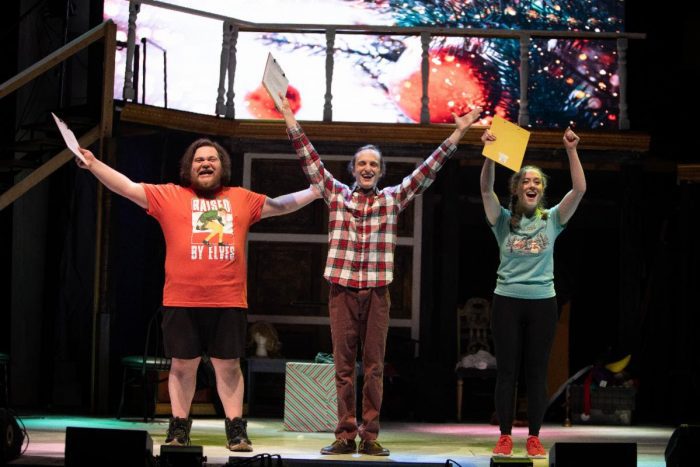
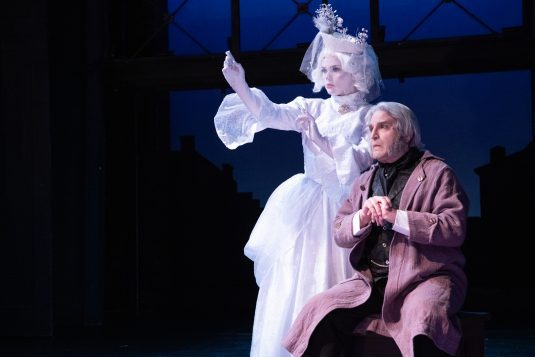

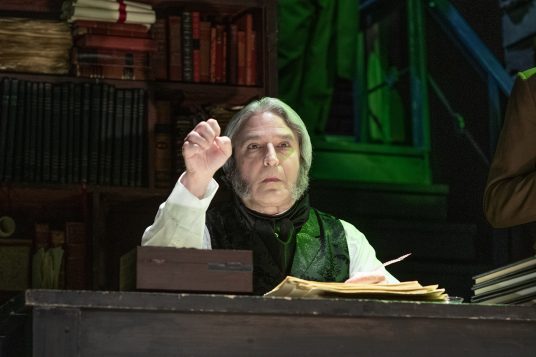
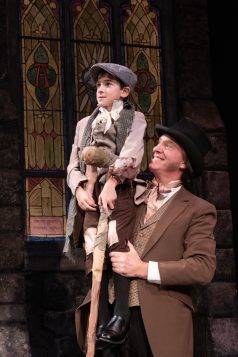
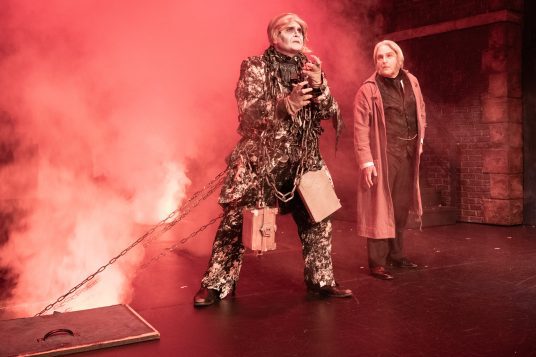
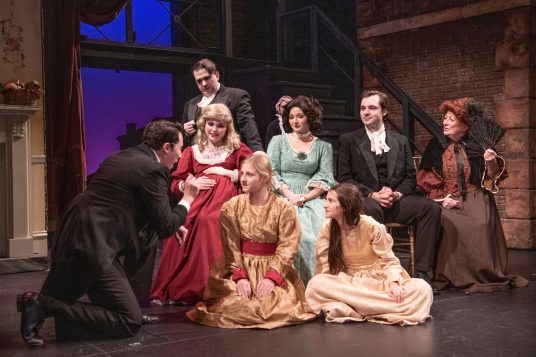
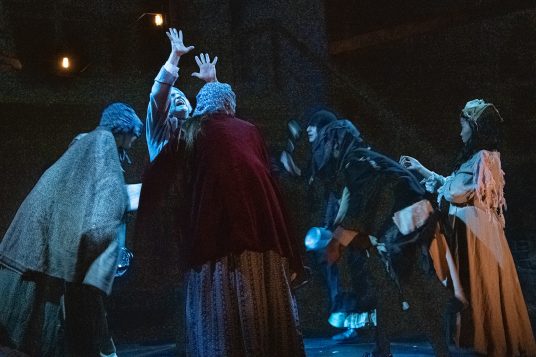
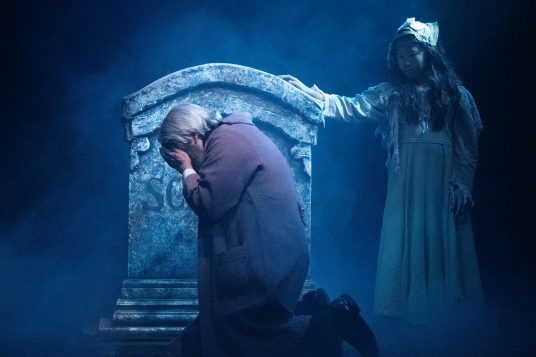
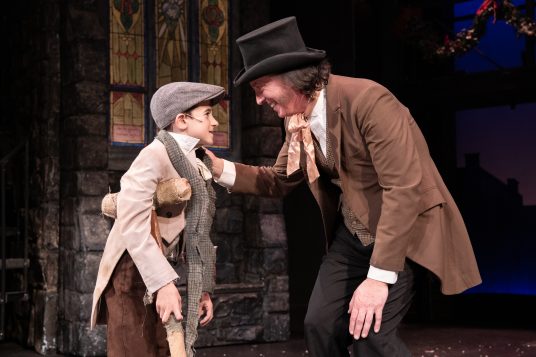
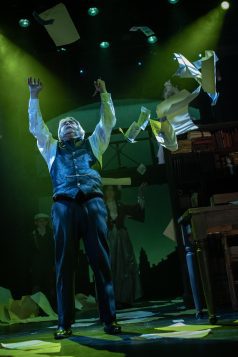

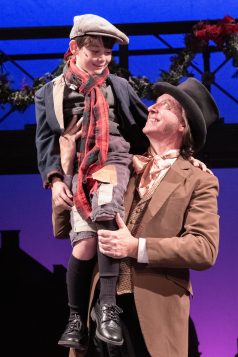
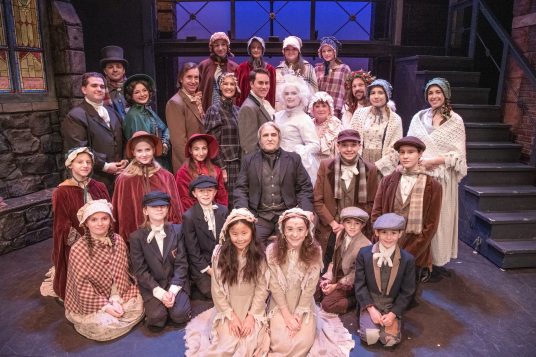
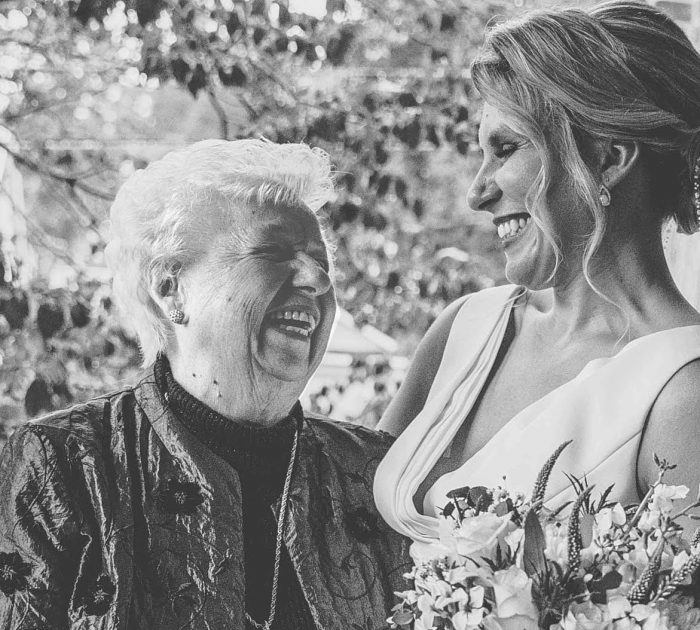
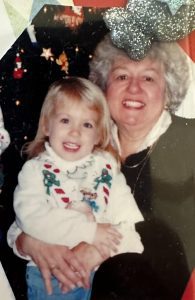








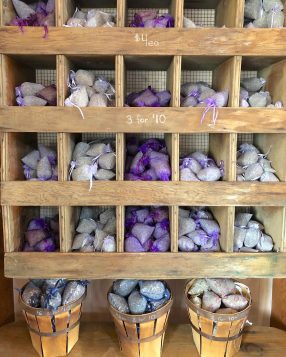
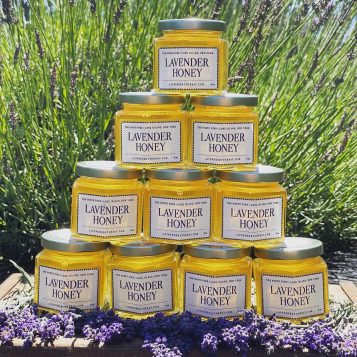
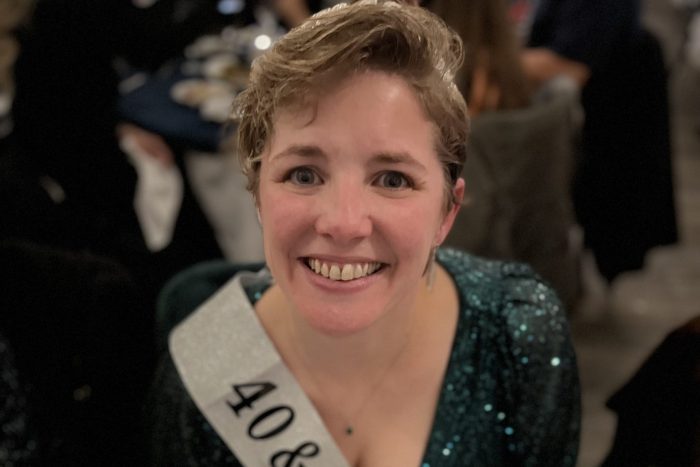
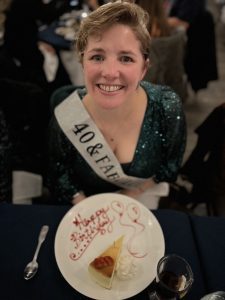
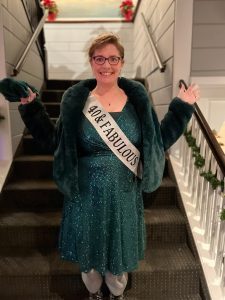

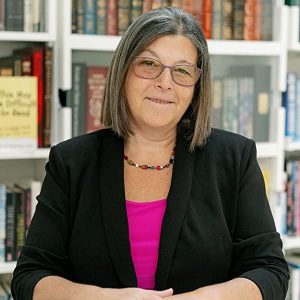
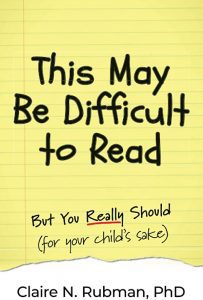 To create the need to read, we need to better understand how children process information. “Children are not little adults.
To create the need to read, we need to better understand how children process information. “Children are not little adults.
